General Relativity
Introduction
General relativity is a theory of gravitation that was developed by Albert Einstein between 1907 and 1915. According to general relativity, the observed gravitational attraction between masses results from the warping of space and time by those masses.

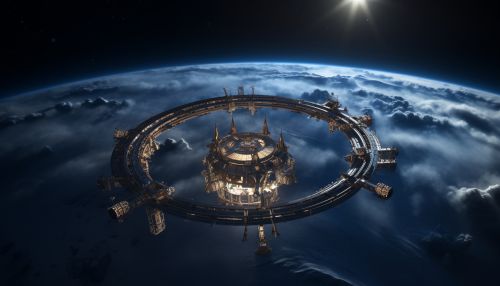
History
The history of general relativity began with the publication of the theory of special relativity by Albert Einstein in 1905. The special theory, however, was limited in its scope as it only applied to observers moving at constant speeds in straight lines. It was Einstein's goal to generalize the theory to include observers in any state of motion. This led to the development of general relativity, which was presented to the Prussian Academy of Sciences over a series of four lectures in late 1915.
Mathematical Formulation
The mathematical formulation of general relativity is expressed in the language of differential geometry. The central equation of general relativity, the Einstein field equation, involves the curvature of spacetime, represented by the Riemann curvature tensor, and the distribution of matter and energy, represented by the stress-energy tensor.
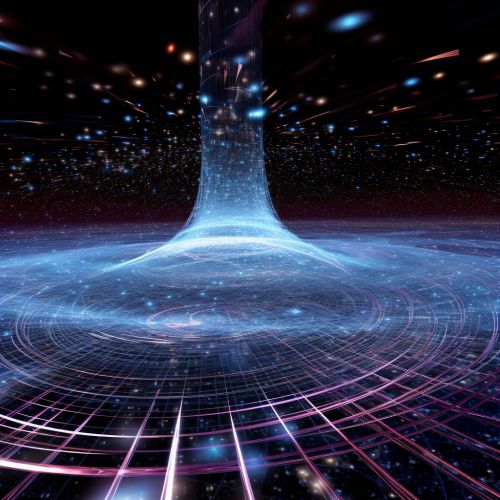
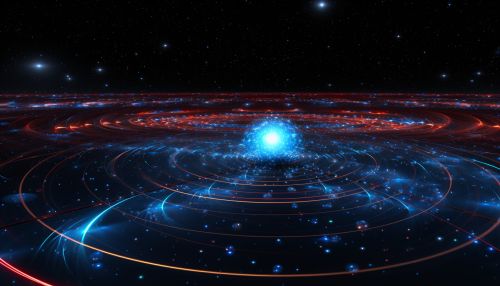
Experimental Tests
General relativity has been confirmed by a number of experimental tests. These include the gravitational redshift of light, the gravitational time dilation, the precession of the perihelion of Mercury, and the gravitational lensing of light by massive objects.
Astrophysical Applications
General relativity has many astrophysical applications. It is used in the study of black holes, neutron stars, and gravitational waves. It is also essential in the field of cosmology, where it provides the framework for understanding the Big Bang and the evolution of the universe.
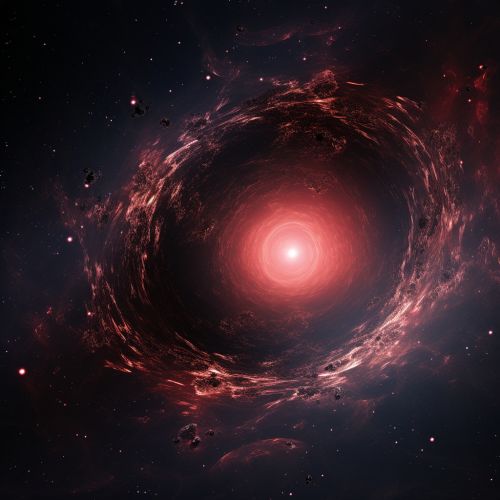
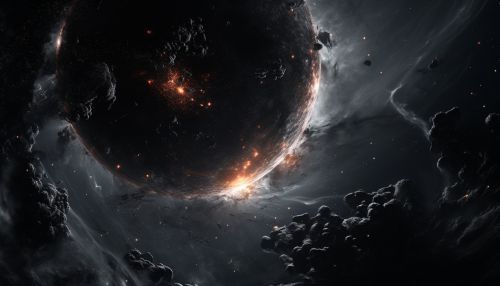
Philosophical Implications
The philosophical implications of general relativity are profound. It has changed our understanding of the fundamental nature of the universe, including concepts of space, time, and gravity. It has also raised questions about the nature of reality and our place in the universe.
